Engott received heart transplant due to rare genetic disease
January 19, 2023
Most people remember the day of March 13, 2020 as the day that school shut down for COVID-19. But for sophomore Matthew Engott, he remembers the day for a different reason: he was put on the heart transplant list that weekend.
Engott was born with restrictive cardiomyopathy, meaning his heart does not relax. The condition actually changes how the muscles in the heart function. He also has Barth’s syndrome, a rare genetic disease in which his white blood cell count is very low. Only 250 people in the world have the disease.
Although he had physical limitations his entire life, during middle school he noticed a significant decline in his fitness levels.
“I couldn’t get up sets of stairs in school, and my doctor talked about moving me to half (school) days because I couldn’t get around,” Engott said.
Engott and his parents had known his whole life that a heart transplant would be necessary and that it would most likely need to happen before he turned eighteen.
“Most people thought it would have to happen around eight or nine,” he said. “It ended up being (age) thirteen.”
The week before he was put on the transplant list, he had a weeklong evaluation with cardiologists, nutritionists, liver and kidney doctors, and other specialists to determine if he had any undiagnosed conditions. Luckily, all of the other tests came back normal.
At first, Engott’s transplant was not listed as a priority, but about two months later, he was moved up the list. Two months after that, Engott’s parents received a call from UPMC Children’s Hospital of Pittsburgh.
“His dad and I received a call at about 4:00 AM that a heart was available for Matthew. It was a huge relief because we had waited for over four months and Matthew’s lungs were building up dangerous amounts of pressure due to his failing heart,” his mother Jodie Engott said.
Then, heightened emotions set in for the family.
“We proceeded to run around like chickens with our heads cut off for about ten minutes. Then we practically broke down Matthew’s bedroom door to tell him the news even though we told ourselves we would be very calm,” she said.
Engott’s transplant was made possible by an organ donor. The donor heart was able to be saved, had cleared all virus and damage tests, and matched Engott’s blood type.
Engott went in for the heart transplant around 11:30 AM on August 3, 2020, and came out of surgery at 6:30 PM the same day.
“Matthew had a very positive outlook towards his heart transplant. He saw it as an opportunity to live a more normal life without cardiac restrictions,” Engott’s mother said. “Matthew had lived 13 years with a heart condition that held him back and was aware that without a new heart he would not survive, so he was relieved that this option was available to him.”
Since the surgery was done at a time when COVID-19 cases were high, there were restrictions in place for visitations in the hospital: besides doctors and nurses, only Engott’s parents were allowed to visit. Engott was not able to see his grandparents or younger brother for three weeks.
“It was also scary because, at that time, we were not sure how Matthew would fare if he were to contract COVID, especially right after his transplant because he was on very high amounts of immunosuppressive drugs,” his mother said.
Immediately following the surgery, Engott had to take about twenty different pills and medications in the morning and another twenty at night.
Because of the overload of medications, Engott had a seizure about halfway through his hospital stay due to swelling in his brain. The seizure was a symptom of Posterior Reversible Encephalopathy Syndrome, or PRES. Engott received immediate care from the medical personnel at the hospital and recovered quickly from the seizure.
Now, he is down to three pills in the morning and two at night.
The day that Engott was released from the hospital, August 19, also happened to be his birthday. Many of his friends and family surprised him by standing outside his house with signs to welcome him home and wish him a happy birthday.
“Everyone on my street was crowding around my house. They thought that I wasn’t going to be able to walk, so when I stepped out of the car, everybody lost their minds. It was kind of funny,” he said.
Since the transplant, Engott is more physically fit, but chooses not to participate in contact sports. He has found that he enjoys sitting in the peace and quiet of nature, baking, technology, and spending time with friends.
Engott’s friend, sophomore Addison Giglione, has known him for over ten years.
“I have never really seen it affect him, and if it does he never really shows it, he seems really strong through it,” Giglione said. “He has always been a super nice kid, super fun to be around.”
Engott’s condition does not affect his grades or his ability to do schoolwork.
“(He) is an extremely hard worker, is very responsible, compassionate, and also has a great sense of humor,” social studies teacher Chris Reilsono said. “He truly is an inspiration, as he perseveres to not let any setback stand in his way of being the best he can be, each and every day.”
“His condition isn’t everything; he is a person outside of it. When I think of Matthew, that is not what I think of at all,” Giglione said. “I don’t think of a kid with a heart transplant, I think of one of my best friends.”


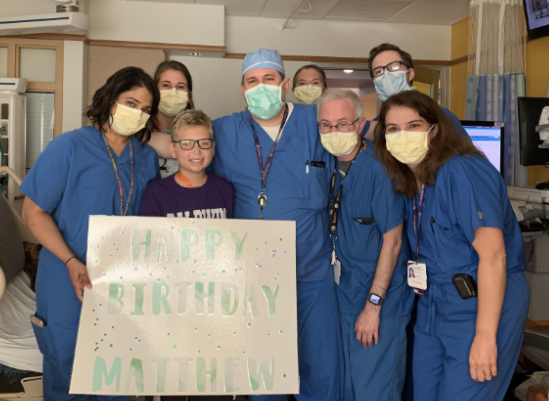
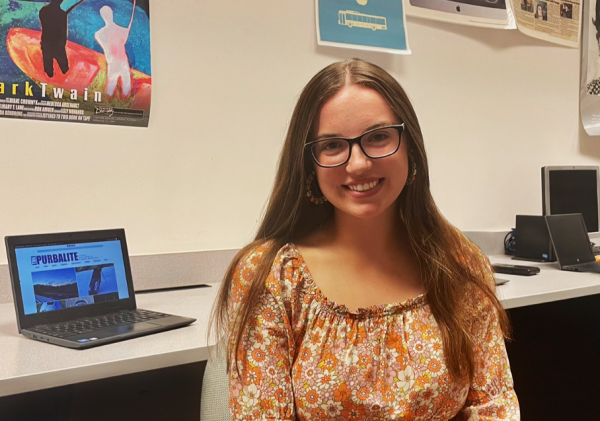
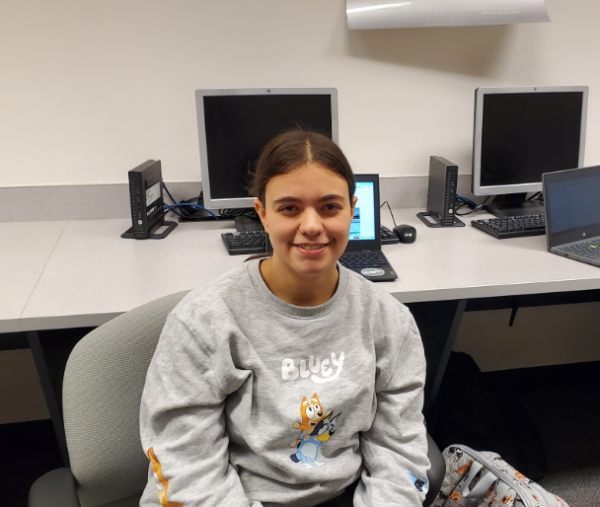
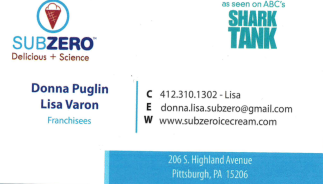
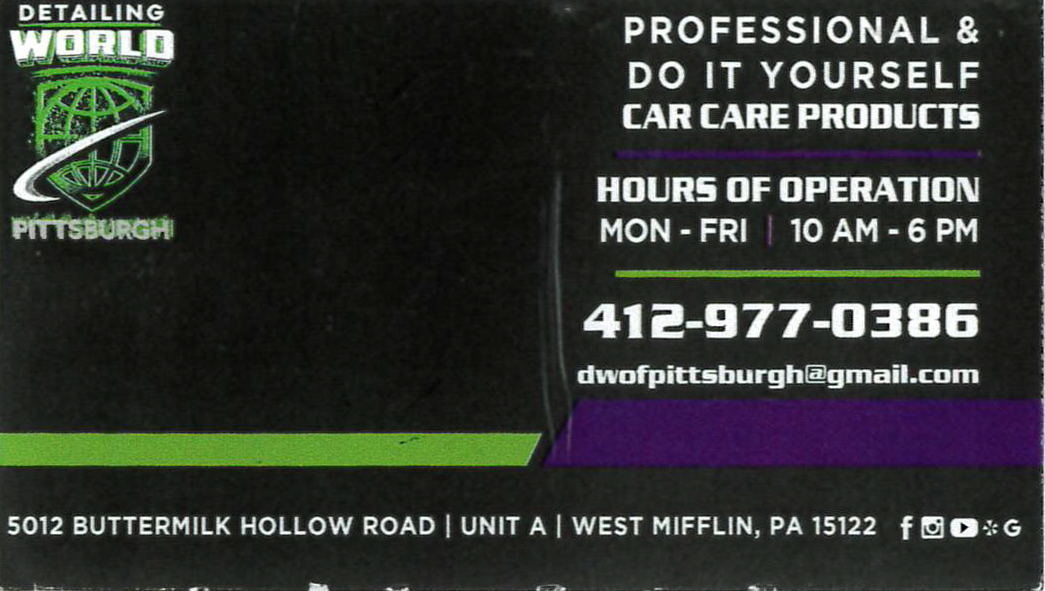
Donna Vlassich • Jan 23, 2023 at 12:39 am
What an inspiration Matthew is for everyone! He’s an amazing young man with a wonderful family who’s strength has transferred to Matthew. May he live a full, happy and healthy life from this point on!
Justin • Jan 21, 2023 at 11:20 pm
Amazing and Beautiful ❤️
Gavin Barrett • Jan 19, 2023 at 12:15 pm
Matthew is a true inspiration. He is a kind, loving and funny friend. His story remarks the idea of life and how god gives miracles! ❤️